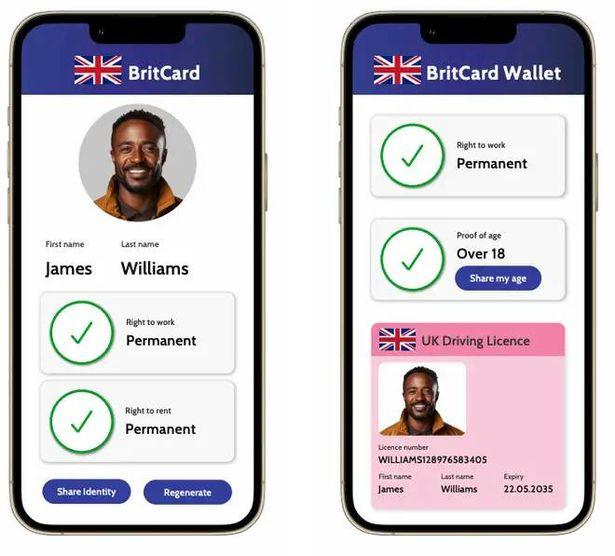The Rise of Government Digital ID Cards in the UK

Introduction
The introduction of government digital ID cards represents a significant shift in identity management within the UK. As digital transformation accelerates across government services, these ID cards aim to streamline verification processes, enhance security, and improve user convenience. Their relevance is increasingly highlighted by ongoing discussions surrounding privacy and the need for more robust identification methods in today’s digital landscape.
What Are Government Digital ID Cards?
Government digital ID cards are electronic identifiers that enable citizens to prove their identity and access various services securely. The system will allow individuals to verify their identity online when applying for services such as housing benefits, tax, healthcare, and more. This innovative measure aims to reduce fraud and administrative burdens associated with traditional forms of identification.
Current Developments and Implementation
The UK government has been actively testing and rolling out pilot projects for these digital ID cards. As of late 2023, several local authorities and government departments have begun implementing the technology, with positive feedback on user experience and efficiency. The Home Office has indicated ambitions to launch a fully digital identity verification framework by early 2024. These initiatives align with the government’s broader strategy to transition to digital-first services and encourage more efficient public administration.
Challenges and Concerns
While the prospect of government digital ID cards is promising, it is not without challenges. Privacy advocates have raised concerns about data security and the potential for misuse. There are worries that centralising personal data could lead to breaches or unwanted surveillance. The government has committed to ensuring robust security measures and transparency to address these concerns. Continuing dialogue with stakeholders, including civil liberties groups, will be crucial for public confidence in the system.
Conclusion
The rollout of government digital ID cards holds significant potential for improving public service delivery in the UK. By streamlining identity verification, the government aims to make accessing services more efficient while enhancing security. However, the success of this initiative will depend on the implementation of strong data protection measures and ongoing engagement with the public to mitigate concerns. As the digital landscape continues to evolve, the importance of secure, efficient identification will only grow, making the government’s efforts in this area essential for the future.
